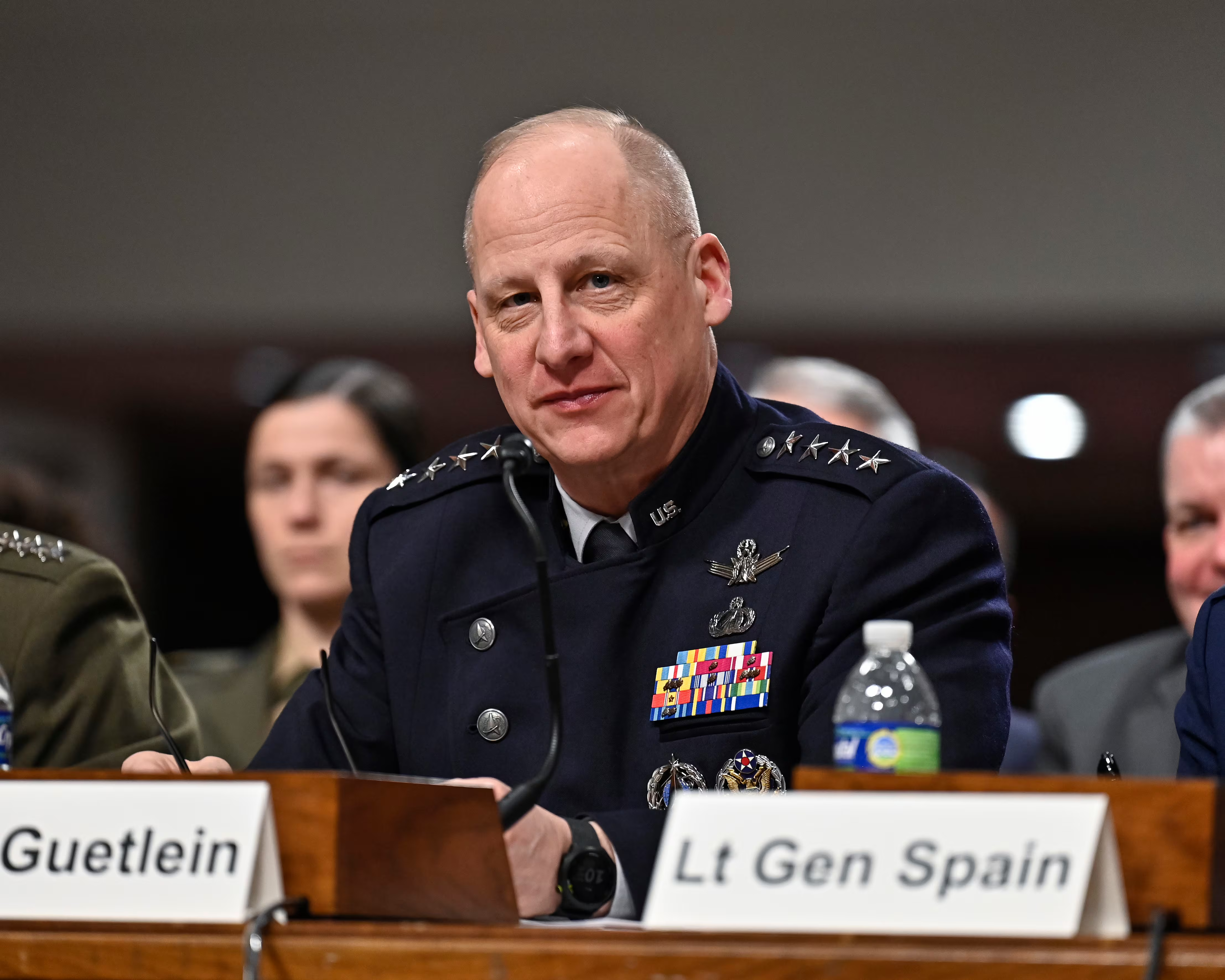LONDON — Two thirds of defense companies are not doing enough to publicly promote their anti-corruption policies, according to a survey by independent watchdog Transparency International.
The report, published April 27, said that while industry practice was heading in the right direction, but thatl a third of the 163 companies surveyed showed little evidence of having anti-corruption programs in place and nearly a quarter provided no publicly available evidence they had programs of any sort in place to tackle the issue.
Publication of the report comes just days after the industry was reminded of the perils of an alleged corruption scandal as Italian tax police revealed they were probing the possible creation of slush funds and fake invoices by former AgustaWestland managers to help secure a n AW101 helicopter order from Algeria between 2009 and 2011.
It's the latest in a string of alleged corruption cases scandals in recent years that have snared Airbus, BAE Systems, Rolls-Royce, Boeing, AgustaWestland, Thales and others in investigations.
News of the AW101 probe came just 24 hours after the board of AgustaWestland parent Finmeccanica's approved the introduction of an anti-corruption code.
The Italian company recently had an AW101 helicopter deal with India canceled due to corruption allegations, although top Finmeccanica and AgustaWestland officials were subsequently mostly cleared of the charges by the Italian courts.
Despite efforts to clamp down on bribery figures published earlier in the decade by the Stockholm International Peace Research Institute SIPRI estimated that the defense sector is responsible for as much as 40 percent of corruption in global transactions.
Transparency International officials estimate reckon that corruption could cost taxpayers around the world at least US $20 billion a year. That, they say, is a modest estimate.
The report said that changes of attitude are were happening in defense, but with "great difficulty" compared to with other business sectors.
"Major corruption scandals continue to occur. Nevertheless, it is clear from our analysis that many companies in the industry are paying closer attention to corruption risk," said the report said.
The Defence Companies Anti-Corruption Index 2015 published last this week by the UK arm of Transparency International the corruption watchdog seeks to measure the transparency and quality of ethics and anti-corruption programs of 163 defense companies across 47 countries. Each company receives a grade from A for star performers down to F.
Despite the poor record in publicizing their ethics and anti-corruption policies in some sectors of the industry, there were also a significant number of companies who have improved their practices for combating corruption risks.
Some 17 percent of firms are now in bands A and B compared to with only 8 percent when Transparency International carried out it's first survey on the subject in 2012.
In the first list, First time round just one company — Fluor — , Flour, received an made it into band A. This time, despite a toughening of the criteria, the US company corporation is joined in the top ranking by Bechtel, Lockheed Martin and Raytheon.
Twenty three companies made it into band B, including Airbus, BAE Systems, Finmeccanica , Rolls-Royce, KBR, Northrop Grumman and Thales.
Katie Fish, the author of the report, said though the industry "still has a long way to go" to eradicate corruption.
"Two thirds of the defense contractors in this study show little evidence of having ethics and anti-corruption programs in place. This includes companies from most of the major arms-producing countries," she said.
Down in the F band are you will find organizations such as China's like Norinco and Pakistan Ordnance Factories, America's sharing the basement rating with high profile Western companies like General Atomics, France's Nexter and Germany's Krauss-Maffei Wegmann.
John Louth, the director of defense, industries and society at the Royal United Services Institute think tank in London, said that in the lower bands people must you had to make a distinction between those that aren't interested and those that choose not to publish their policies and practices.
"There is a difference," he said. "Some of those firms for whatever reason, are not prepared to share the policies and practices they have with anyone, but have what you and I would think are reasonably sane anti-corruption protocols. It's a bit of an own goal."
As it was, 63 companies provided confidential information that was only available only internally about their anti-corruption programs. That resulted in an expanded A band of 17 companies and an average improvement of one band for the companies involved.
Inclusion of that material fell outside survey criteria.
Louth The RUSI analyst said better industry anti-corruption practices are having a positive impact on behavior.
"It was a poor starting point, but you get a sense the companies are doing something about the issue and as a result it has got significantly better," he said.
"The practices we were seeing 12-15 years ago with agents and the shadows around those have been lifted quite substantially," Louth said. "Certainly for the big primes and managed service providers, it is much more of a board-level issue than it ever was. So, the direction of travel is good, but there is still a way to go." said Louth.
The watchdog organization listed regular due diligence on agents, improved whistleblowing mechanisms and good anti-corruption procedures in offset contracts as areas where industry needed to raise it's game.
A ten 10-point recommendation list scheme includes a call for nations buying weapons to demand robust anti-corruption standards.
"If government contracts are contingent on companies having an appropriate ethics and anti-corruption program in place, it will create a step change towards greater accountability," said Mark Pyman, Transparency International UK's defense and security programs director.
The report said, though, that many defense ministries needed to improve their own anti-corruption practices.
A Transparency International survey in 2013 found that 70 percent of governments failed to protect against corruption in defense procurement.
Email: achuter@defensenews.com
Andrew Chuter is the United Kingdom correspondent for Defense News.








